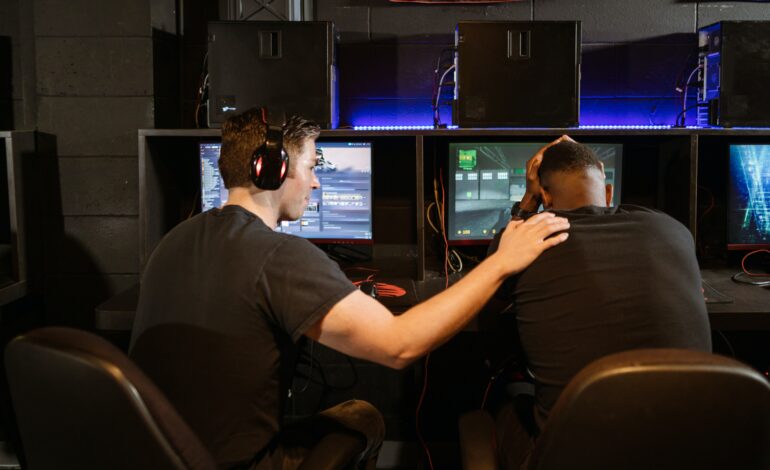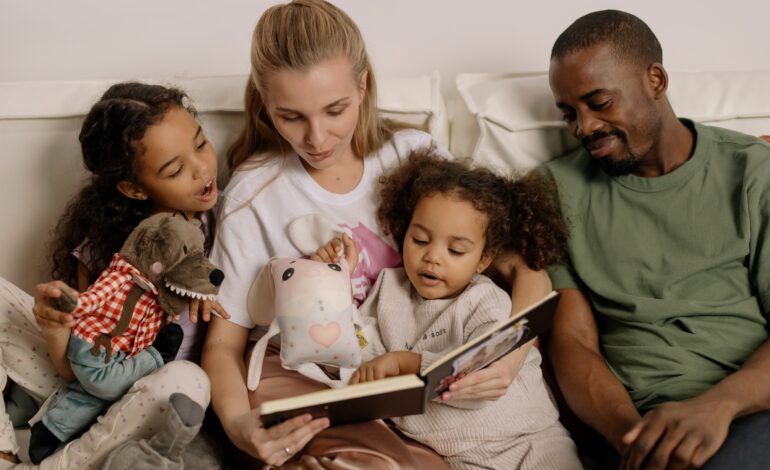
I’ve noticed something lately. It seems like the internet is being meaner than usual. People are getting into arguments and calling each other names, and it’s making me wonder why. I know this has been happening for years now, but lately it seems like things have gotten a lot worse. Is this just how people are now? Are we all becoming more hateful? Or is there something else going on here? Lt’s discuss it:
You’ve noticed it, right? That the internet is kind of mean at times?
First of all, understand that none of this behaviour is taking place in a vacuum. It’s not like you’re reading something online and then someone tells you it’s mean—actually it’s just another version of what’s happening in real life, with some extra anonymity thrown in for good measure. There are still many people who don’t want to be kind or helpful and would rather use their time online as an excuse to get angry at other people they don’t even know. The internet is only the newest way for us to engage with one another and find our position in society.

There are also plenty of people who are just looking for trouble because they enjoy making others feel bad when they could easily get along with everyone else if they tried harder. This might sound like an oversimplification or generalization of certain types—and maybe it is—but think about how many times have you seen these types of behaviors on social media or elsewhere online? A lot? Good! That means my theory holds up pretty well!
Is it because of mean people?
People should be treated like humans since they are still only human. It’s okay disagree with someone’s opinion! But there is a difference between disagreeing and wanting to hurt other people. Even if that wasn’t your aim while writing the words, it’s sometimes difficult to tell whether they might come across as pretentious or not.
I am aware that not all disagreements are hateful or malicious, but when done improperly , online discussions can turn into unpleasant and uncivilised affairs that are harmful to everyone involved.
Maybe … but it’s not that simple.
Consider this: The internet is a reflection of the real world, and how we interact with each other. Right? So if our society is meaner than it was ten years ago, maybe that has something to do with why people online are acting the way they do. Maybe we’re all just more likely to be mean when faced with situations where we feel powerless—and who hasn’t felt powerless lately?
People are still human and deserve to be treated like people.
You may be thinking, “But I’m not a person! Why should I treat other people as though they are human?”
Well first of all, we are still human; even if the internet has changed us in some ways it has not changed our basic humanity. Secondly, people deserve to be treated like people—not just by you but by everyone who uses the internet. Your words and actions have consequences for others whether you realize it or not. If a person says something that offends you or makes you feel uncomfortable, remember that this is also likely happening to other people every day on the internet.
When interacting with someone on social media, treating them with respect means treating them equally, just as we all would like our friends to do for us.
Some could argue that such conduct is unnecessary since “the internet is just another place” where we are free to act however we like with no actual consequences (or so they think…). But if that were the case, why do so many businesses employ community managers to watch customer interactions online? Why don’t they just give us free reign to do anything we want online?
Of course you can disagree with someone’s opinion. But there’s a difference.
When you disagree with someone’s opinion, it can be tempting to lash out. The Internet has made it easier than ever before to send a quick message or comment that may harm another person emotionally. People are not always kind when they communicate online; in fact, some people go out of their way to harass others with hateful or rude messages. But before you post something about someone else on the Internet, think about whether you’re actually disagreeing with something they said or whether your goal is simply to hurt them for no reason at all.

And I understand that not every disagreement is hateful, or mean-spirited. Sometimes we just have different views and we want to talk about them. Sometimes those discussions get heated and we all lose our cool sometimes. It happens to the best of us.
Sometimes we just have different views and we want to talk about them. Sometimes those discussions get heated and we all lose our cool sometimes. It happens to the best of us. And I understand that not every disagreement is hateful, or mean-spirited.
But the trend lately seems to be more focused on finding ways to discredit others, personally instead of focusing on the topic at hand.
Returning to the beginning People could interact and talk freely over the Internet in the early days without being concerned about the effects of their words or actions. But since then, it has developed into much more than that—it has turned into a refuge for trolls and malicious individuals who exploit anonymity as a shield against accountability.
The internet can be a great place for sharing information, but sometimes it seems like the only thing people are sharing these days is hate speech and misinformation. When someone says something hurtful online, other users will often jump on the bandwagon and pile onto them until they feel compelled to delete their account altogether (or even worse). We’ve all done this at least once; but when you consider how many billions of people live online every day now it makes you wonder: Is this really what we want?
That’s not how conversations work
That’s not how conversations work, especially when we’re talking about difficult issues filled with passion, pain and history. This sort of “debate” only convinces people to raise their defenses instead of listening to each other and having an open discussion.
This is the internet. It’s not a debate club, or an academic journal. It’s a place where people go to share their opinions, whether they be on politics or pop culture. Sometimes those opinions are inflammatory, and sometimes they’re downright offensive (you can’t tell me not one of you has posted something on Facebook that you later regretted). But that doesn’t mean we should expect others to react with kindness when confronted with our scathing commentary about the latest episode of Game Of Thrones or Kanye West’s latest album release.
The thing about the internet is that it’s full of people from all different backgrounds—different experiences and life situations inform each experience online differently than it would in person-to-person conversation because there are no physical cues present to help guide interactions between strangers online like eye contact, body language or tone changes when speaking out loud (these cues appear automatically after spending time together in person). Put another way: if someone gets annoyed at something I post on social media but doesn’t know me personally (or even have any idea who I am), then maybe they shouldn’t be responding so harshly because they don’t know how I might feel about what was said…and vice versa!
The internet is a great place, but it can also be a mean place. It’s easy to forget that behind every computer monitor is a person with a lifetime of experiences informing their opinions, and we should respect one another enough to view opinions as more than just words on a screen, but ideas by one person who deserves the same respect we would give anyone in real life. So if you’re feeling like the internet is mean , I’d encourage you instead to remember that people are still human and deserve to be treated like people. Of course you can disagree with someone’s opinion — but there’s a difference between disagreeing and desiring harm.
RUCHI RATHOR Founder & CEO
Payomatix Technologies Pvt. Ltd.
FOUNDER AND INVESTOR | PAYMENTS PROCESSING EXPERT | MERCHANT ACCOUNT SOLUTIONS | WHITE LABELLED PAYMENT GATEWAY | Dreamer, Creator, Achiever, Constantly Evolving
Website Ruchi https://ruchirathor.com
Website Healing Heart https://thehealingheart.me/wp-admin
Instagram https://www.instagram.com/compasionaterr/
LinkedIn https://www.linkedin.com/in/ruchirathor12/
Facebook https://www.facebook.com/ruchi.rathor.magnificient
Tumblr https://www.tumblr.com/blog/ruchirathor-thehealingheart
Medium https://medium.com/@ruchirathor_23436
Twitter https://twitter.com/ruchi_rathor









